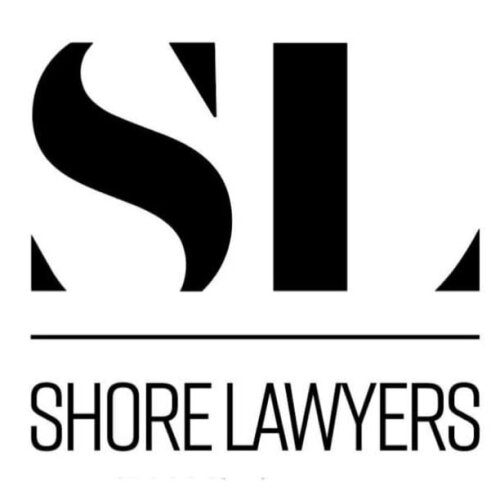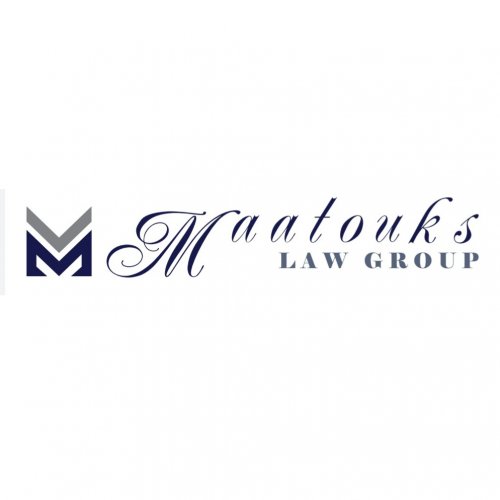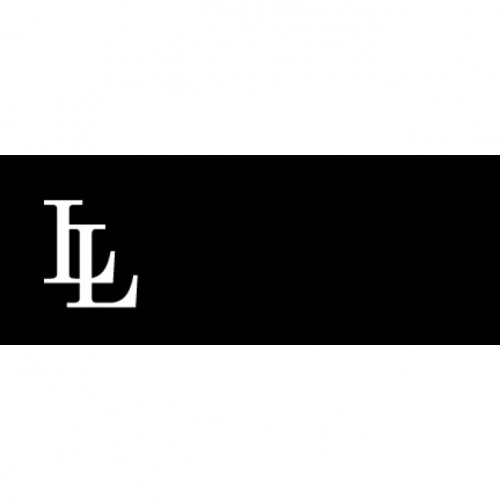Best Drunk Driving Lawyers in Sydney
Share your needs with us, get contacted by law firms.
Free. Takes 2 min.
List of the best lawyers in Sydney, Australia
About Drunk Driving Law in Sydney, Australia
Drunk driving, or "drink driving," is a significant offense in Sydney, Australia. It refers to operating a motor vehicle while under the influence of alcohol. In Sydney, like the rest of Australia, driving under the influence is taken very seriously due to the risk it presents to both the driver and the public. The legal blood alcohol concentration (BAC) limit is 0.05% for fully licensed drivers, and a zero-tolerance policy applies to learners and provisional license-holders. Those found guilty of drink driving face severe penalties, such as fines, disqualification from driving, mandatory educational programs, and even imprisonment for severe breaches.
Why You May Need a Lawyer
Legal assistance is essential in several situations involving drunk driving charges:
- If there are disputes about the accuracy of the BAC readings.
- When facing possible license suspension, which can impact employment or personal commitments.
- In instances where law enforcement procedures may not have been correctly followed.
- When the drunk driving incident results in an accident, injury, or death, potentially leading to more severe charges.
- If prior drink driving convictions could exacerbate the seriousness of the new charge.
- To explore options like diversionary programs or conditional licenses that might allow continued driving under restrictions.
Local Laws Overview
Sydney follows New South Wales (NSW) laws governing drunk driving, which include the following key points:
- Zero Alcohol Limit: Applies to learner, provisional, and professional drivers.
- Low-Range BAC: A BAC of 0.05 to 0.079 attracts fines, demerit points, and may include license suspension.
- Mid-Range BAC: A BAC of 0.08 to 0.149 can lead to heavier fines, longer license suspension, and mandatory attendance in educational programs.
- High-Range BAC: A BAC over 0.15 is subject to severe penalties, including potential imprisonment.
- Random Breath Testing (RBT): Police have the authority to carry out RBTs on any driver, ensuring the enforcement of drink driving laws.
- Immediate License Suspension: Occurs if caught with a BAC over 0.05 or in serious cases.
Frequently Asked Questions
What is the legal BAC limit for drivers in Sydney?
For fully licensed drivers, the legal BAC limit is 0.05%. Learner and provisional license holders, as well as commercial drivers, must maintain a BAC of 0.00%.
What are the penalties for low-range drunk driving offenses?
Penalties for a low-range drink driving offense may include a fine, demerit points, and a license suspension period, typically starting from three months.
Is jail time possible for a first-time drunk driving offense?
While jail time is unlikely for a first-time low-range offense, it may be a possibility for mid-range or high-range offenses, or if other aggravating factors exist.
How can a lawyer help with a drink driving charge?
A lawyer can review evidence, challenge the legality of the stop or arrest, negotiate plea deals, and represent you in court. They can also help navigate the possibility of reduced charges or penalties.
What should I do if I’m stopped for a breath test?
Cooperate with police instructions, provide your license, and take the breath test. Refusing a breath test can result in charges equivalent to high-range drink driving penalties.
Can I apply for a special license to drive to work?
In some cases, you might apply for a Restricted, or "work," license. The eligibility and process can be complex, requiring legal guidance.
What happens if I refuse a breath test?
Refusing a breath test is a serious offense, similar in penalty to high-range drink driving, including potential disqualification from driving and fines.
Can drink driving offenses affect my insurance?
Yes, a conviction can lead to increased premiums or cancellation of your policy. It’s essential to disclose any convictions to your insurer.
What is an Interlock Device, and when is it required?
An Interlock Device is a breath-testing device connected to the vehicle’s ignition system, often required for mid to high-range offenses. It prevents the car from starting if alcohol is detected in the driver's breath.
How long does a drunk driving conviction stay on my record?
In NSW, drink driving penalties remain on your criminal record for ten years from the date of the conviction, assuming you do not re-offend.
Additional Resources
- Centre for Road Safety NSW: Provides detailed information about road safety initiatives and laws.
- Legal Aid NSW: Offers free legal advice and assistance for eligible individuals, especially those unable to afford private legal assistance.
- Traffic Offenders Intervention Program: A course available to educate offenders and potentially reduce sentencing.
Next Steps
If you require legal assistance for a drunk driving charge, consider the following steps:
- Seek Legal Advice: Consult with a lawyer specializing in traffic law as soon as possible. Many offer a free initial consultation.
- Prepare Documentation: Gather all notices, police reports, and your driving record to present during your legal consultation.
- Understand Your Rights: Familiarize yourself with local laws and your specific situation to make informed decisions.
- Attend Court Dates: Failing to appear as required can lead to more severe consequences.
Acting quickly and seeking professional advice can significantly impact the outcome of your situation.
Lawzana helps you find the best lawyers and law firms in Sydney through a curated and pre-screened list of qualified legal professionals. Our platform offers rankings and detailed profiles of attorneys and law firms, allowing you to compare based on practice areas, including Drunk Driving, experience, and client feedback.
Each profile includes a description of the firm's areas of practice, client reviews, team members and partners, year of establishment, spoken languages, office locations, contact information, social media presence, and any published articles or resources. Most firms on our platform speak English and are experienced in both local and international legal matters.
Get a quote from top-rated law firms in Sydney, Australia — quickly, securely, and without unnecessary hassle.
Disclaimer:
The information provided on this page is for general informational purposes only and does not constitute legal advice. While we strive to ensure the accuracy and relevance of the content, legal information may change over time, and interpretations of the law can vary. You should always consult with a qualified legal professional for advice specific to your situation.
We disclaim all liability for actions taken or not taken based on the content of this page. If you believe any information is incorrect or outdated, please contact us, and we will review and update it where appropriate.
















